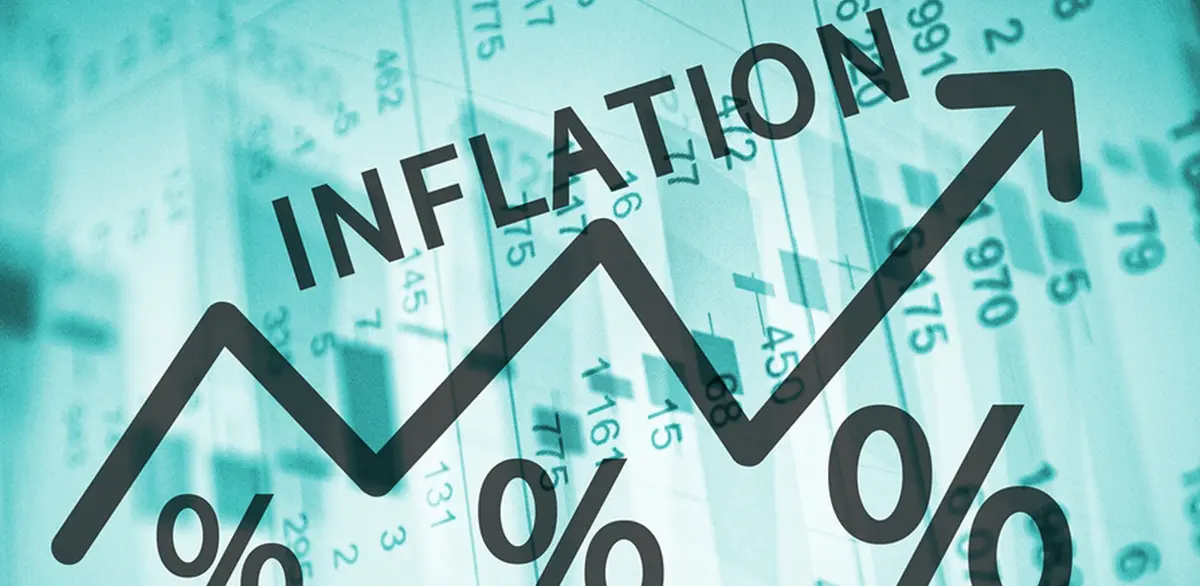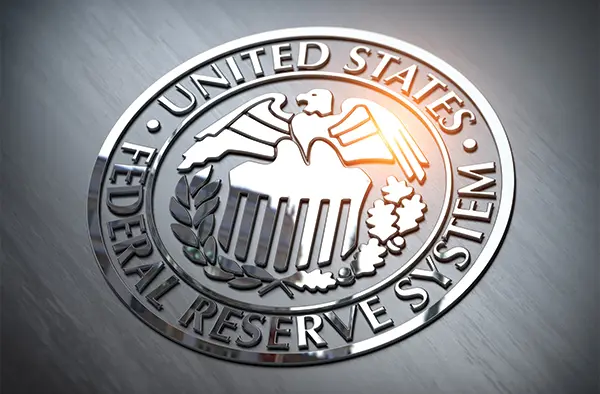Understanding how inflation trends influence U.S. investment strategies

January 29, 2025
Inflation trends play a critical role in shaping U.S. investment policies. From adjusting interest rates to influencing asset classes like bonds, equities, and real estate, inflation trends affect economic decisions across the country. Investors must stay informed about inflation to navigate investment policies effectively and protect their portfolios.
News Content (10,characters): Inflation Trends and Their Role in U.S. Investment Policies IntroductionInflation, the rate at which the general level of prices for goods and services rises, is a key economic indicator that shapes investment policies. In the U.S., inflation trends directly influence decisions made by the Federal Reserve, businesses, and investors alike. These trends can have far-reaching effects on everything from interest rates to asset allocation strategies. Understanding how inflation impacts investment decisions is essential for navigating the complexities of the U.S. economy and optimizing portfolio returns.
How Inflation Influences U.S. Investment Policies 1. The Relationship Between Inflation and Investment PoliciesInflation affects U.S. investment policies in various ways. When inflation rises, the Federal Reserve typically reacts by increasing interest rates to curb inflationary pressures. Conversely, when inflation falls, the Fed may lower rates to stimulate economic growth. Both actions influence market dynamics and impact the attractiveness of different asset classes.
2. Federal Reserve Response to InflationA. Tightening Monetary Policy
B. Lowering Interest Rates
Inflationary trends influence how investors structure their portfolios to protect against the erosion of purchasing power. A diversified investment approach helps manage the risks associated with inflation. Key elements of inflation-adjusted portfolio strategies include:
A. Bonds and Fixed Income Investments
B. Equities and Stocks
C. Real Assets and Commodities
Inflation also impacts tax policy and, subsequently, investment decisions. As prices rise, individuals and businesses may face higher nominal income, potentially pushing them into higher tax brackets. Furthermore, inflation can erode the real value of capital gains and investment returns, making tax planning an essential part of inflation-adjusted investment strategies.

The role of U.S. investment policies in ensuring financial security and market resilience
U.S. investment policies play a crucial role in shaping financial stability by influencing capital markets, interest rates, and economic growth. Regulatory frameworks and government interventions determine risk levels, investor confidence, and long-term economic sustainability

Understanding the impact of interest rate changes on investment decision-making
Interest rate changes have a significant influence on investment strategies. Whether through the stock market, bonds, or real estate, shifts in rates affect asset prices, investor behavior, and portfolio diversification. Understanding these dynamics is essential for making informed, profitable investment decisions

Understanding how inflation trends influence U.S. investment strategies
Inflation trends play a critical role in shaping U.S. investment policies. From adjusting interest rates to influencing asset classes like bonds, equities, and real estate, inflation trends affect economic decisions across the country. Investors must stay informed about inflation to navigate investment policies effectively and protect their portfolios

Exploring the impact of government spending on market trends and investor behavior
Government spending plays a pivotal role in shaping investment markets. From fiscal stimulus packages to infrastructure investments, the allocation of government funds can drive market movements and influence investor sentiment. This article delves into the ways government spending impacts various sectors and markets, offering insights for investors

An in-depth look at the changes to capital gains tax laws and what investors should expect in 2025
As 2025 approaches, changes in capital gains tax laws could impact investment strategies for individuals and institutions. This article explores the key updates to tax policies and offers insights into how these changes may affect your investment portfolio

Understanding how Federal Reserve decisions impact investment trends and economic stability
The Federal Reserve plays a crucial role in shaping investment growth by adjusting interest rates, regulating money supply, and influencing market liquidity. Its policies determine the cost of borrowing, stock market trends, and overall economic expansion, making it a key driver in investment decision-making

An exploration of the impact of U.S. economic policies on investment strategies and trends
With shifting U.S. economic policies, investors are adjusting their strategies to respond to new market dynamics. This article explores the key policy changes and their influence on investment decisions

Understanding how tax policies shape investment strategies and financial growth
Tax regulations play a crucial role in determining investment returns by affecting capital gains, dividends, and corporate profits. Changes in tax laws influence investor behavior, asset allocation, and long-term financial planning, making it essential to stay informed about evolving policies

Learn how U.S. monetary policies influence investment decisions and market trends
U.S. monetary policies, driven by the Federal Reserve, play a significant role in shaping investment opportunities. Understanding interest rates, inflation control, and liquidity measures helps investors make informed decisions and optimize portfolio returns in varying economic climates
The Atlantic Daily
Get our guide to the day’s biggest news and ideas, delivered to your inbox every weekday and Sunday mornings. See more newsletters
.webp)
Ideas That Matter
Subscribe and support more than 160 years of independent journalism.
Subscribe